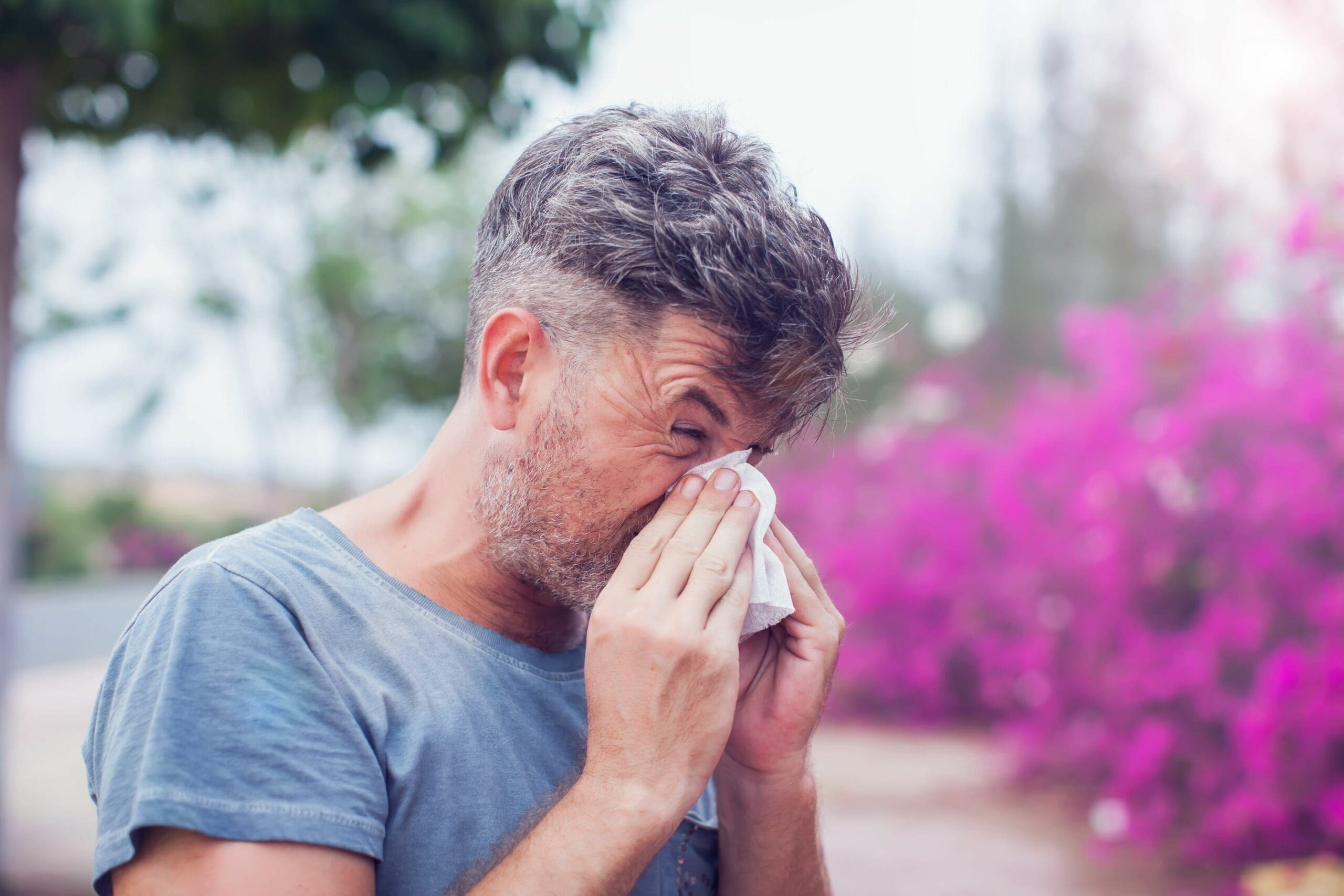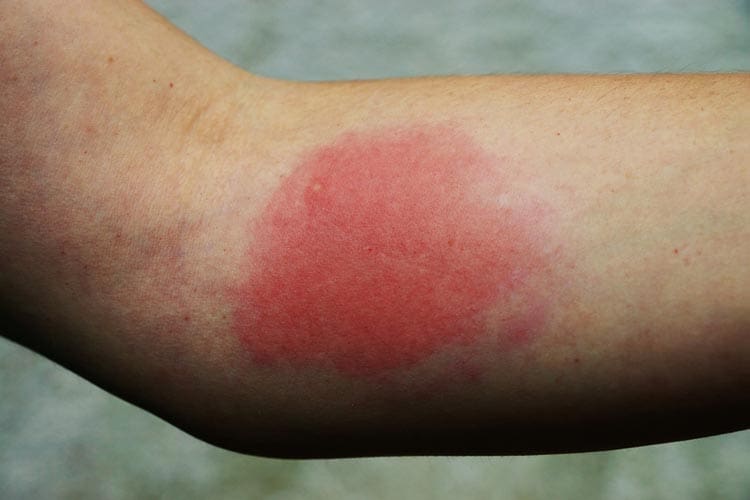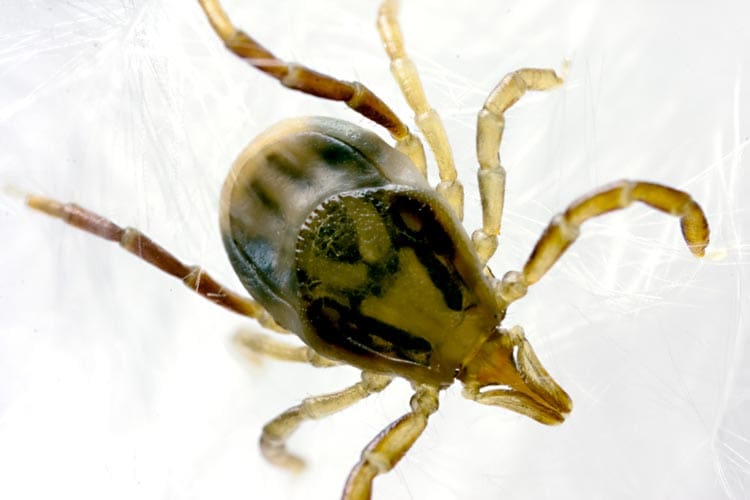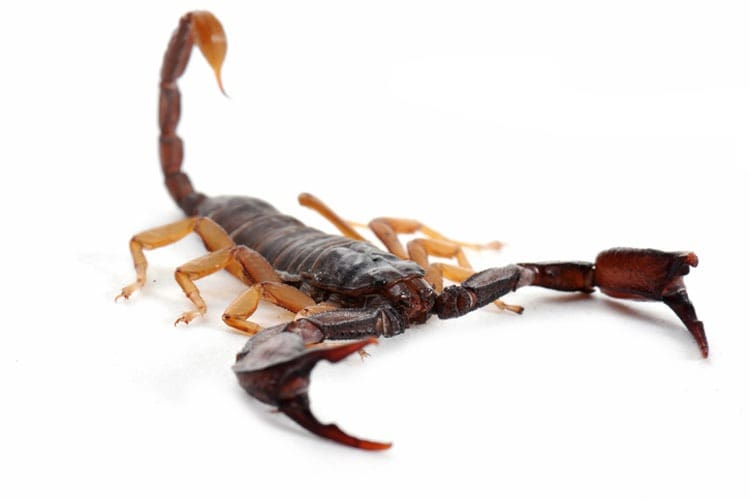Hendra virus was first isolated in an outbreak in humans and horses at a horse stud in Queensland. The natural reservoir of the Hendra virus is believed to be fruit bats (flying foxes), but the virus can infect horses and also humans, often with fatal consequences.
Allergy
Hay fever treatments
Antihistamines work fast and are good at treating mild symptoms of hay fever, such as sneezing and runny nose, whereas corticosteroid nasal sprays may take several days to work.
A GP’s advice on how to manage hayfever
Dr Caroline West explains the most effective ways to treat – and beat –hayfever
Immunotherapy treatment
Immunotherapy should always be carried out by a doctor trained in allergy, and in Australia is usually carried out in specialist allergy clinics or hospitals.
Peanut allergy in children
Peanut allergy is the most common serious food allergy in children. About 3 in every 100 infants are allergic to peanuts, and the prevalence seems to be rising.
Video: Living with food allergy
Kate describes what it's like to be diagnosed with life-threatening food allergy, what foods she's allergic to, and how she manages her allergies on a daily basis.
Insect sting allergy
The most common allergic reactions come with stings from bees, wasps and ants. The degree of allergy varies widely, however, most people experiencing only mild symptoms are not considered allergic.
Tick removal: First aid and prevention
Tick removal techniques that use tweezers run the risk of squeezing the tick – doctors now recommend freezing the tick while it's on the skin to avoid allergic reactions and tick-related illnesses.
Australian scorpion stings not fatal
Contrary to popular belief, Australian scorpion stings do not appear to have life-threatening effects, even in children.
Mammalian meat allergy
Symptoms of mammalian meat allergy usually start 3-6 hours after eating the meat or meat product, but can be between 2-10 hours after, sometimes waking a person in the middle of the night.










